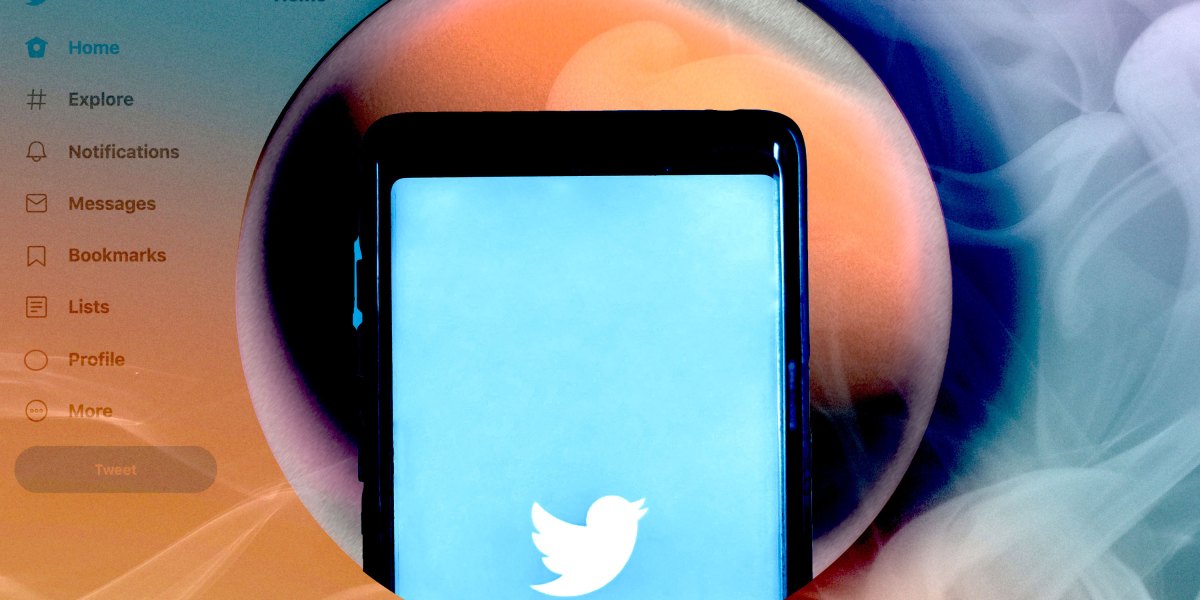
[ad_1]
India has the third-largest number of Twitter users in the world. Considering the long-standing geopolitical tensions between India and China, plus the relative lack of knowledge that average Indians likely have about Chinese politics and how to discern Falun Gong–backed media accounts , it’s not necessarily surprising that they fell for and spread the rumor.
Despite several recent reports on the rise of bot activity originating in India, there’s not yet enough evidence to determine whether this was a coordinated effort to push the coup rumor. There are suspicious signs, like “a lot of new accounts as well as the fact some of the key influencers now [are] suspended,” Jones told me. “This does not necessarily point to it being state-backed—just a lot of inauthentic activities.”
Of course, since this is Twitter, many other accounts are capitalizing on the popularity of this discourse and in turn further amplifying the story. This includes people intentionally trolling unsuspecting users by pairing old videos with the new rumor, and some users in Africa are hijacking the hashtag to gain visibility for their own content—apparently a long-practiced trick among users in Nigeria and Kenya.
By Monday, the rumor had mostly died down. While Xi still hadn’t shown up, recent documents reaffirmed his participation and influence in the coming party congress, demonstrating that he’s very much still in power.
The fact that a completely unsubstantiated rumor, one that basically happens every other month in Chinese Twitter circles, could grow so big and have tricked so many people is both funny and depressing. The bottom line: Social media is still a mess full of misinformation—but you may not notice that mess if you are not familiar with the issue being discussed.
[ad_2]
Source link




